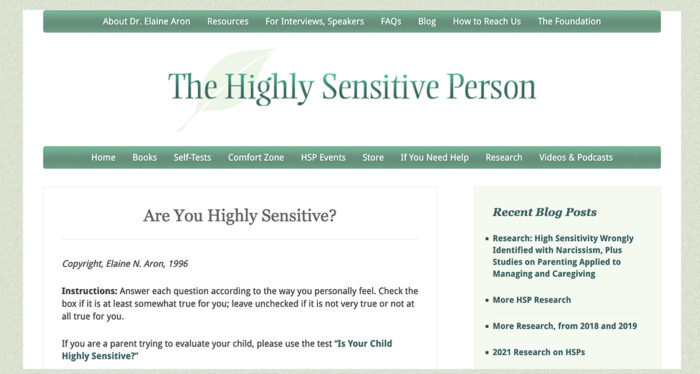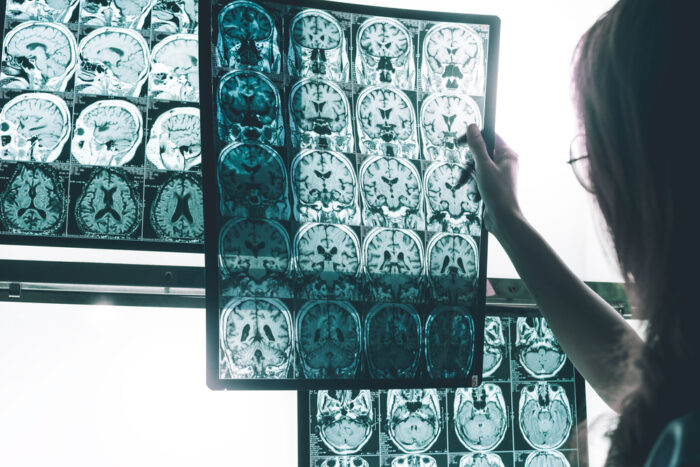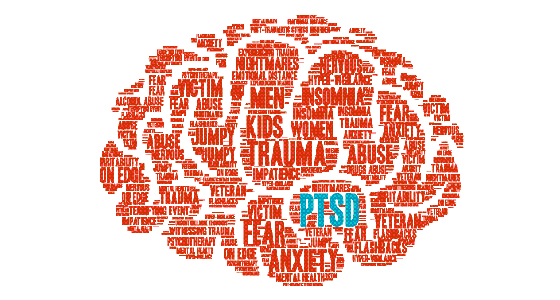In the special dossier we are devoting in this issue to advances in research on the human brain and the contribution of that research to the development of educational practices – and, more generally, our capacities for learning – this article by Elena Pasquinelli is important for providing an opportune reminder that, though that research may contribute greatly to improving educational practices, we should remain vigilant towards so-called discoveries that are, in reality, unfounded.
After stressing the legitimate hopes that may be vested in this research, Pasquinelli warns us against false – or perhaps merely fashionable – beliefs in such things as “the Mozart Effect” (the idea that listening to classical music might improve our intelligence). She gives many examples of these “neuromyths”, as she calls them: widely believed theories that are not supported by any serious research. Ultimately, her article invites us to maintain a discerning stance on these matters, particularly where the links between science and teaching are concerned.




